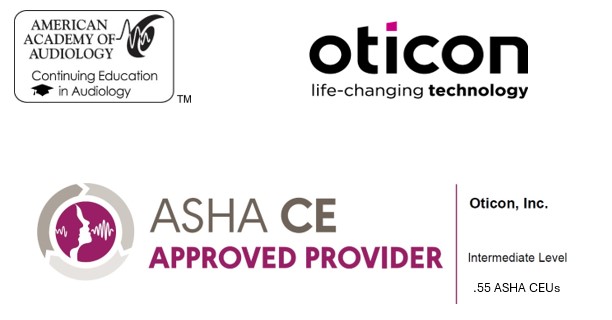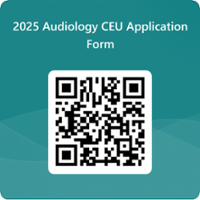5th Annual Virtual Audiology Conference
Special Populations in Audiology - Considerations for Clinical Practice and Community
Join us at the 5th Annual Audiology Conference, the premier virtual event for audiology professionals, researchers, students, and clinicians. This conference brings together leading professionals, researchers, and clinicians from around the world to share the latest innovations, research findings, and best practices in hearing science and patient care.
Over the course of 3 days expert speakers will discuss a wide range of topics focusing on screening and evaluation, intervention using CAPD, considerations for working with underserved populations, and more.
This event is designed for audiologists, researchers, clinicians, and students seeking to deepen their knowledge and stay informed on the rapidly evolving field of audiology. The focus is entirely on advancing professional expertise and exploring the clinical applications of recent advancements in the science of hearing and balance.
This conference will be recorded and distributed to all registrants
Continuing Education Units
Agenda
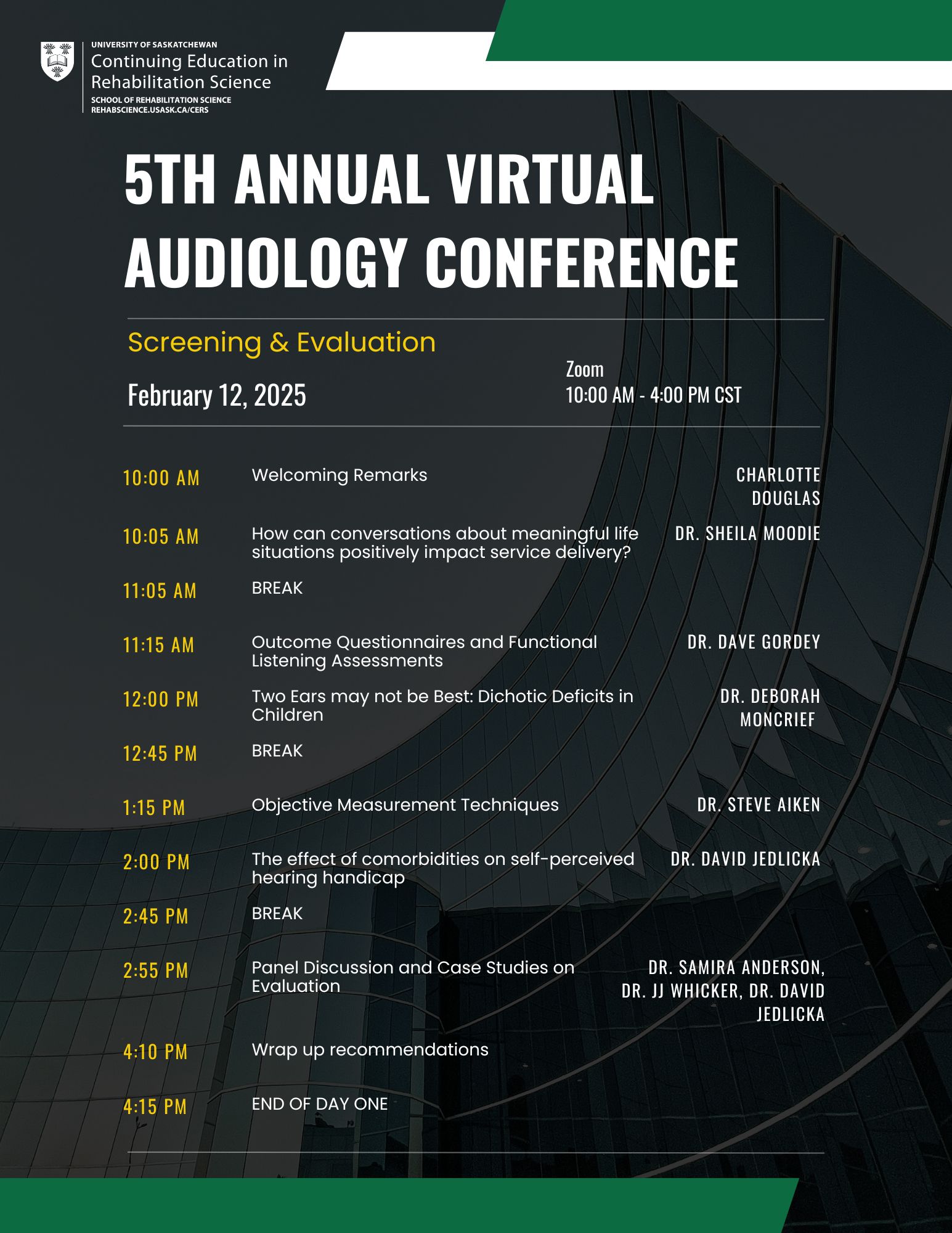
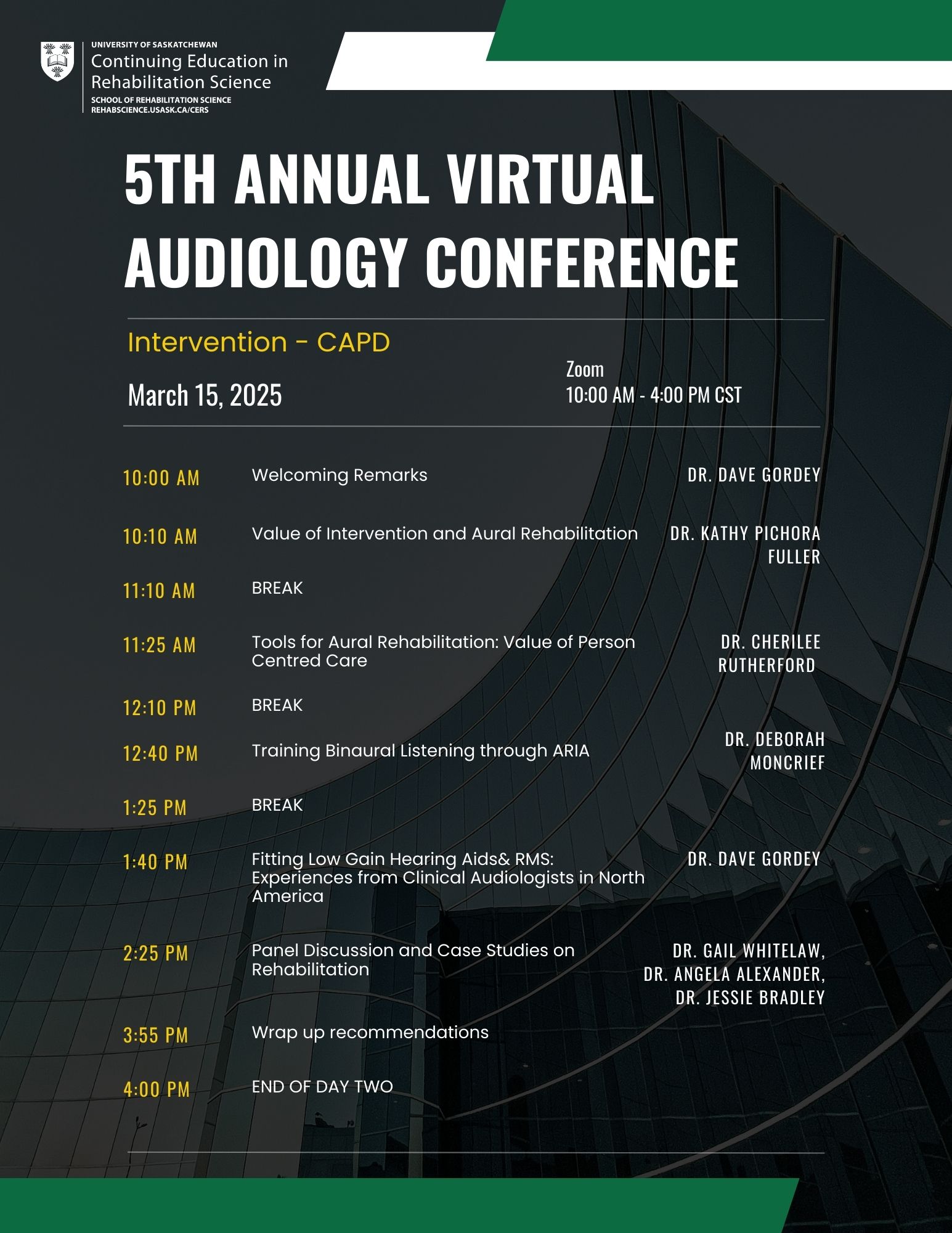
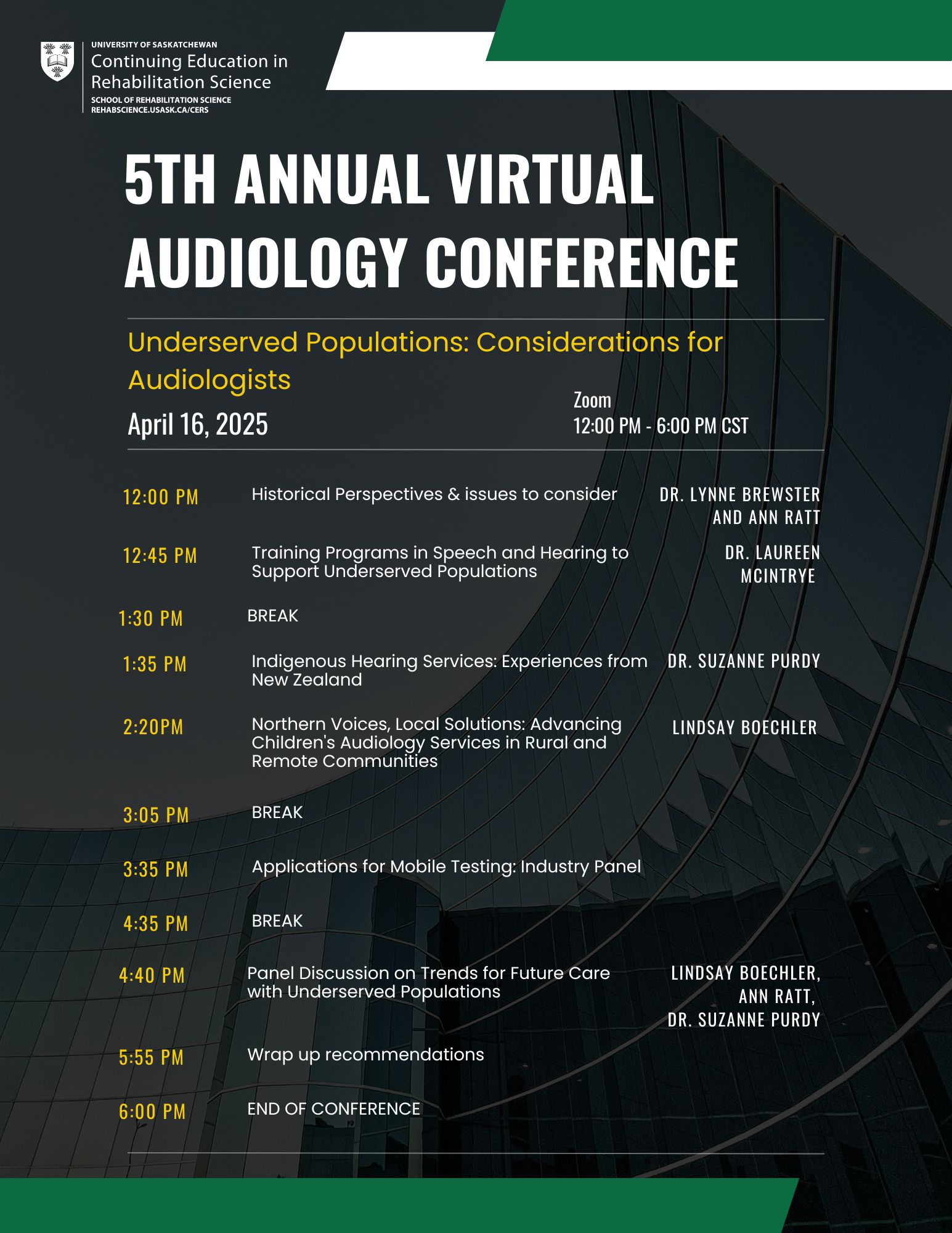
Speakers
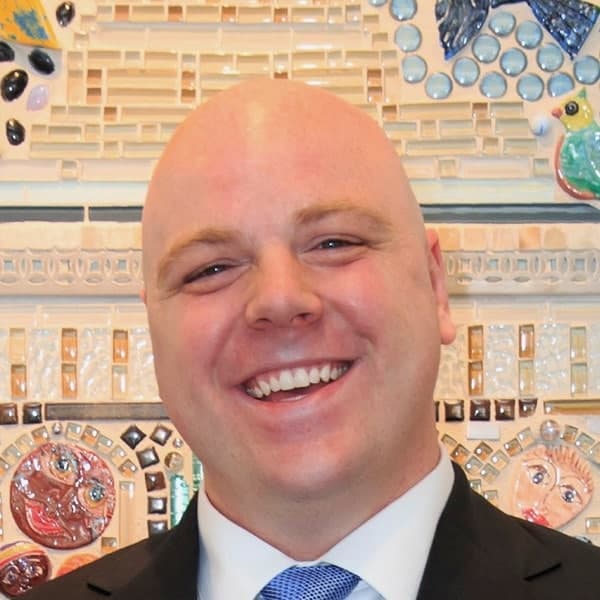
David P. Jedlicka, AuD, began his graduate studies at the University of Pittsburgh. Since his graduation in 2010, he has made numerous notable contributions to the profession of audiology through his outstanding clinical practice, teaching and mentoring, research, and service.
Dr. Jedlicka currently works at the Pittsburgh VA Medical Center. While at the Pittsburgh VA, he has developed numerous evidence-based protocols for auditory processing testing and treatment, osseointegrated devices, and hearing aids. He has led 24 quality improvement projects in his department to improve patient care. In addition to his clinical duties, Dr. Jedlicka serves as principal investigator or co-investigator on numerous research projects about real-ear to coupler difference, self-perceived hearing loss in Veterans, and other topics.
In addition to his clinical practice and research at the VA, Dr. Jedlicka teaches a lab for audiology students at the University of Pittsburgh. Furthermore, he serves as a mentor for students who are submitting their research to professional conferences, provides customized tutorials and practice sessions for students, volunteers on a grand rounds committee for students, and serves as a clinical preceptor for final year AuD students. His students comment every year that he goes above and beyond his required teaching duties to ensure that his students and prepared for their careers.
Dr. Jedlicka also volunteers in professional organizations. His extensive service to audiology has included an active role on more than 20 committees, several of which he has served as chair. He is also currently the president-elect of the Association of VA Audiologists (AVAA).
Financial Disclosures: Dr. David Jedlicka receives a salary from the VA Pittsburgh Healthcare System and the University of Pittsburgh.
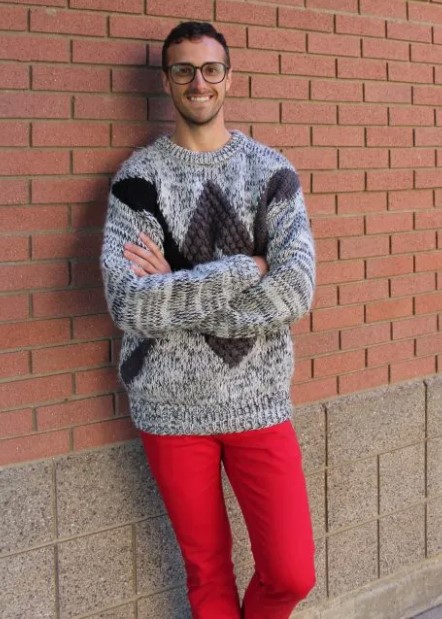
Dr. JJ Whicker is a pediatric audiologist, clinical researcher, chief operating officer and co-owner at Little Heroes Pediatric Hearing Clinic. As a clinician, JJ works with children who are cochlear implanted and completes diagnostic testing for infants who refer on their newborn hearing screen. Dr. Whicker also runs the Central Auditory Processing Disorders program.
Financial Disclosures: Dr. JJ Whicker is a co-owner of Little Heroes Pediatric Hearing Clinic.
Non-financial Disclosures: Chair, Political Action Committee Board, ASHA
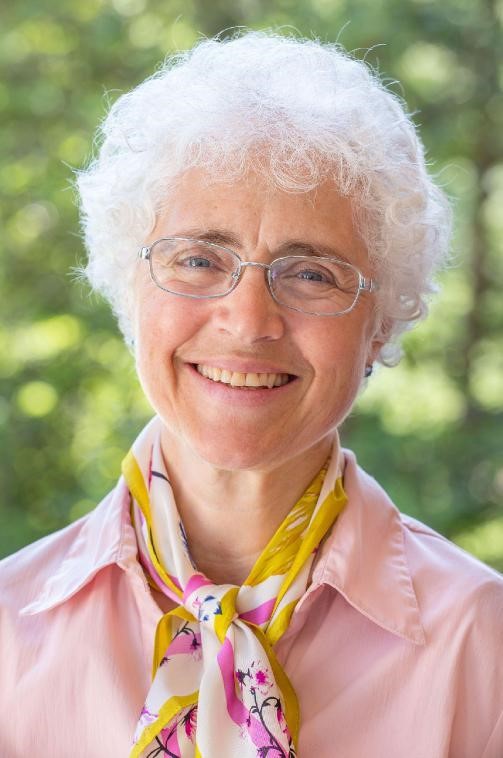
Samira Anderson is a Professor in the Department of Hearing and Speech Sciences at the University of Maryland. After practicing as a clinical audiologist for 26 years, she decided to pursue a Ph.D. degree in Auditory Neuroscience at Northwestern University to better understand the hearing difficulties experienced by her patients. She obtained her Ph.D. in December of 2012 and joined the faculty at the University of Maryland in 2013.
Dr. Anderson’s work comprises three approaches to improving speech understanding in older adults: 1) investigate the neural basis of speech perception deficits in older adults, 2) investigate approaches that may induce neuroplasticity to reverse age-related deficits in auditory processing, and 3) investigate methods of enhancing communication outcomes in individuals who use hearing aids or cochlear implants, and her research program is supported by NIDCD and NIA.
Financial Disclosures: Dr. Samira Anderson is an employee of University of Maryland Paid and a consultant with Pfizer (on-going relationship). She recieves Grant support from NIH (NIDCD and NIA) and industry support from Widex, USA.
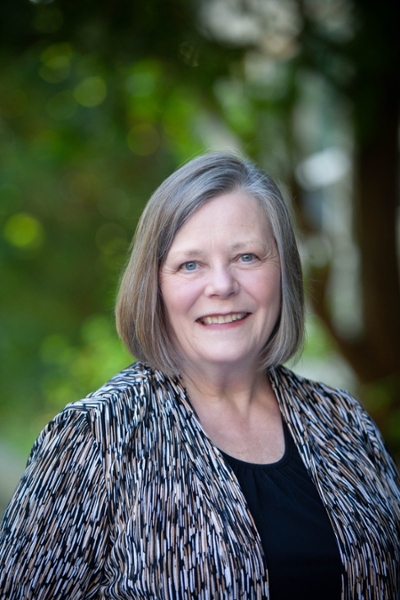
Dr. Sheila Moodie is an associate professor in the School of Communication Sciences & Disorders, Faculty of Health Sciences at Western University in London, ON.
She is the recipient of the Antonia Brancia Maxon Award for EHDI Excellence and recently contributed as part of the core team that updated the international consensus statement on family-centered early intervention for families of children who are Deaf or hard of hearing (FCEI-DHH).
Dr. Moodie’s recent research has focused on conversations with families about the importance of understanding meaningful life situations as part of holistic patient and family-centered care.
Financial Disclosures: Dr. Sheila Moodie receives a salary from Western University.
Non-financial Disclosures: No non-financial disclosures exist.
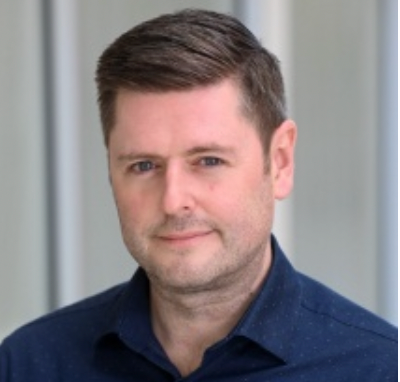
Dr. Steve Aiken is an Associate Professor in the School of Communication Sciences and Disorders as well as the Departments of Surgery, Psychology and Neuroscience at Dalhousie University. He has a PhD in Medical Science from the University of Toronto and an MSc in Audiology from Western University.
He has practiced as a clinical audiologist and a consulting audiologist in the hearing industry. His research is primarily in the area of human auditory electrophysiological responses and noise-induced auditory pathology. Dr. Aiken has presented over 40 invited lectures and keynotes. He is a past president of the Canadian Academy of Audiology, associate editor of Canadian Audiologist, a member of the Canadian Infant Hearing Task Force, Hearing Health Alliance of Canada, and Knowledge and Implementation in Pediatric Audiology translational research group, and scientific advisor for Canadian Hearing Services Global Partners for Research and Innovation.
Financial Disclosures: Dr. Steve Aiken receives research grant support from National Science and Engineering Research Council, Canadian Institutes for Health Research (Canada Health Research Partnerships) - Research Nova Scotia and Faculty of Health, Dalhousie University.
Non-financial Disclosures: No non-financial disclosures exist.
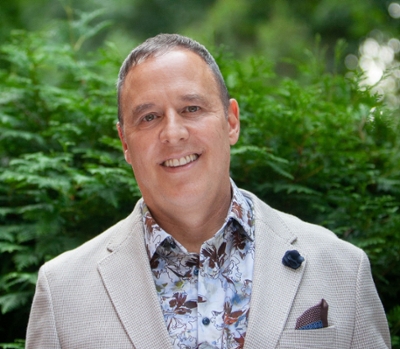
Dr. Dave Gordey, Ph.D., has been a pediatric audiologist for over twenty-five years. Dave is the director of pediatric audiology and research at Oticon Global headquarters in Denmark. Dave is an adjunct professor at Western University and Salus University. Dave’s current research projects include pediatric hearing aids, counseling, functional communication deficits in children with normal peripheral hearing, and the social and emotional development of children with hearing loss.
Financial Disclosures: Dr. Dave Gordey recieves a salary from Oticon.
Non-financial disclosure: No non-financial disclosures exist.
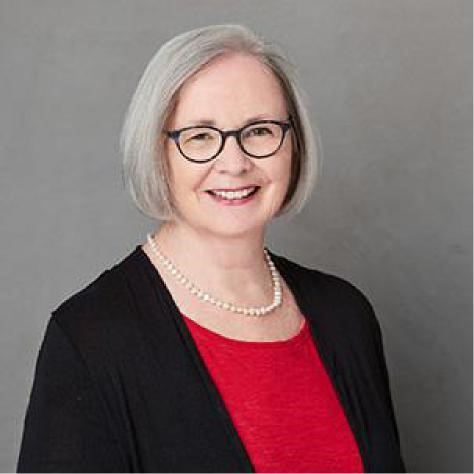
Dr. Moncrieff’s research focuses on auditory disorders across the lifespan, with particular emphasis on the negative impact of auditory disorders on communication, language, learning, and reading. She has identified “amblyaudia” and “dichotic dysaudia,” two auditory processing deficits that interfere with a listener’s ability to integrate competing information arriving at the two ears. These deficits occur at a high prevalence among schoolchildren but can be remediated with a patented short-term auditory training regimen, Auditory Rehabilitation for Interaural Asymmetry (ARIA).
Her current research objective is to differentiate these two dichotic deficits through behavioral, electrophysiologic, and imaging methods before and after ARIA training and to improve our understanding of which genetic, medical, and personal factors contribute to them.
Financial Disclosures: Dr. Deborah Moncrieff recieves a salary from the University of Memphis. She owns DichoticsInc.
Non-Financial Disclosures: No non-financial disclosures exist.
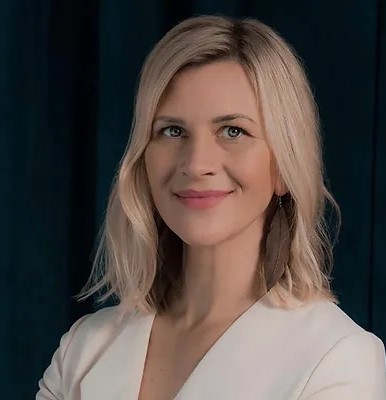
Angela Alexander, Au.D., CCC-A, MNZAS, graduated from the University of Kansas in 2010 with a Doctor of Audiology. Angela's passion is in the treatment of Auditory Processing Disorder (APD).
Angela was privileged to have been mentored by Jack Katz, Ph.D., a world-leading expert on APD. Learn more about Dr. Katz here. Angela worked with Katz for seven years between 2004 to 2012, building her knowledge and expertise.
Following this, Angela has worked as an audiologist in New Zealand. In 2014, she opened her clinic Hear Better Audiology in Taupo, New Zealand, serving all populations.
She owns and operates Auditory Processing Institute, Angela is looking to train her peers in the skills needed to provide effective APD diagnostic and therapeutic options. She aims to double the number of SLP/Au.D. professionals providing effective auditory processing services through the online APD Master Courses by 2022.
With APD Support she empowers clients to improve their auditory processing abilities through systematic auditory training through a series of modules.
Financial Disclosures: Dr. Angela Alexander is the owner and director of Auditory Processing Institute and the owner and director of APDsupport.
Non Financial Disclosures: Dr. Angela Alexander is a founding member of IGAPS- for promoting APD
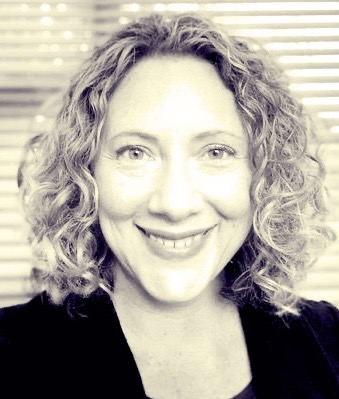
Cherilee Rutherford (AuD, MHSc, B.Speech Path & Aud) is an experienced facilitator, educator, trainer, partnership builder, insights curator and creative ideator within the hearing healthcare field. She is a natural collaborator who enjoys connecting with people, listening to understand lived experiences, and crafting creative solutions in partnership with varied stakeholders in the hearing care industry. As a skilled presenter, trainer and educator, she is known for her ongoing commitment to excellence in hearing healthcare education.
In her role at the Ida Institute she designed and lead the facilitation of Ida innovation seminars, delivered international training and presentations focussed on person centred care, managed global academic and professional partnerships, developed e-learning courses and teaching materials, and provided audiological input into all Ida Institute processes & resources. In this role she collaborated with patient organisations, professional societies, universities, commercial and research groups within global hearing care, used the principles of design thinking to develop new resources for professionals & persons with hearing loss and participated in ethnographic interviews, focus groups and surveys to capture insights related to people’s experience of hearing loss and related services. She has a keen interest in behavioural insights, trends, futures thinking & scenario planning, healthcare innovation, partnerships and stakeholder management.
Cherilee has broad experience in hearing care, including private practice, academia, public health institutions, commercial sectors, and non-profit organisations. In her early career she worked in the UK's National Health Service, hearing instrument and audiology equipment manufacturing industry, and academia. Before joining the Ida Institute, Cherilee was the course director for the MSc in Advanced Audiology programme at University College London with a special focus on amplification, technology and managing adult hearing & communication difficulties.
She contributed to professional guidelines and international standards for aural rehabilitation and person centred hearing care for ISO and the American Speech-Language-Hearing Association. She is a member of the Golden Key International Honour Society, the International Society of Audiology, and is registered to practice with HCPC (UK) and HPCSA.
Her areas of strengths include empathy, creativity, connected leadership, building authentic partnerships and being a catalyst for innovation and ideas.
Financial Disclosures: No financial disclosures exist.
Non-financial Disclosures: No non-financial disclosures exist.
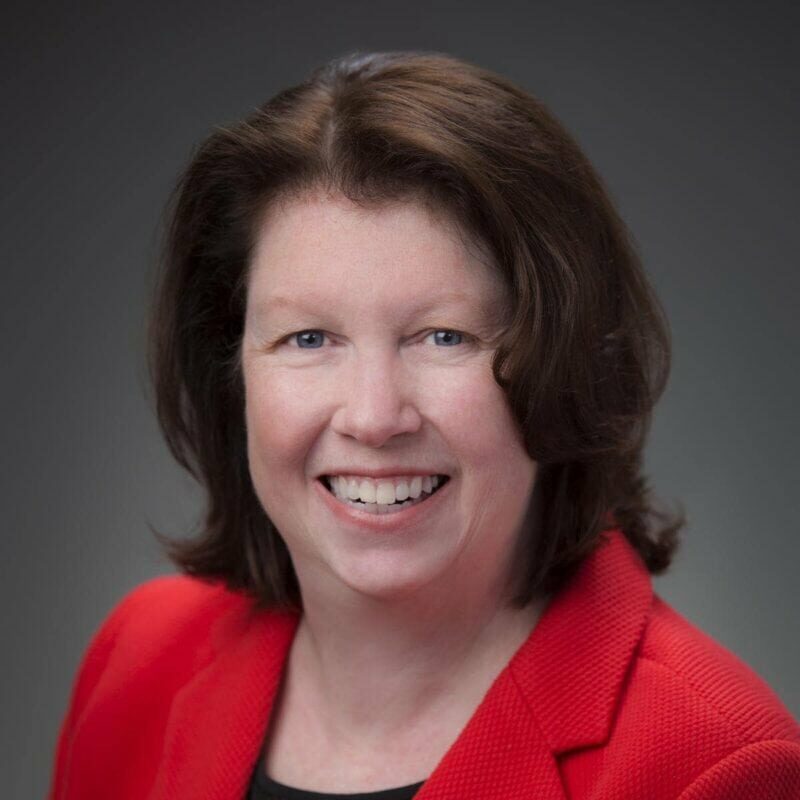
Gail M. Whitelaw, PhD. is an audiologist and Director of the Speech-Language-Hearing Clinic. She serves as the audiology faculty member on the Leadership Education in Neurodevelopmental and other Disorders housed at the Nisonger Center at Ohio State. Her clinical interests are in pediatric and educational audiology, auditory processing disorders in children and adults, and tinnitus assessment and management.
She is also interested in professional leadership development, supervision, and mentoring. Dr. Whitelaw teaches a number of courses in the Department including Pediatric and Educational Audiology, Pediatric Aural Rehabilitation, and Tinnitus. She is the 4th year placement coordinator for the AuD program at Ohio State. Dr. Whitelaw is a past-President of both the American Academy of Audiology and the Ohio Academy of Audiology and the Chair of the American Board of Audiology. She is the author of a number of articles and book chapters and co-author of Hearing and Deafness with Peter Paul.
Financial Disclosures: Dr. Gail Whitelaw receives a salary from Ohio State.
Non-financial Disclosures: Chair of honors and awards task force for American Academy of Audiology.
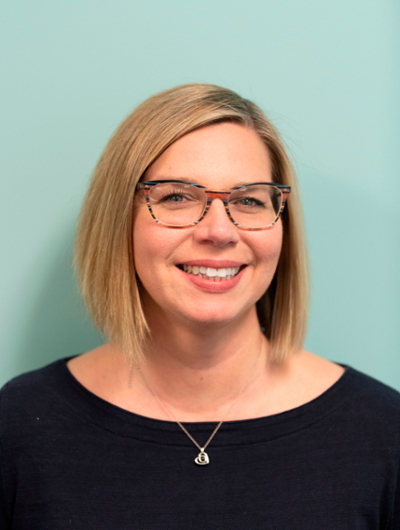
Dr. Jessie Bennett Bradley, Au.D., CCC-A is an Educational Audiologist at Oswego County B.O.C.E.S. Center for Instruction, Technology & Innovation. She earned her Doctorate of Audiology at Central Michigan University in 2000 and has actively served as an Educational Audiology Association State Representative for New York since 2020. Dr. Bradley is committed to advocating for and empowering children with hearing loss and auditory processing disorders.
She has dedicated her career to increasing awareness in schools and communities in the Central NY region on topics ranging from the importance of Educational Audiology services, the treatment and management of hearing loss and auditory processing disorders in school-aged children, the importance of classroom acoustics and hearing assistance technology on enhancing access to communication and instruction, and the impact of noise exposure and hearing loss prevention in teens.
Financial Disclosures: Dr. Jessie Bradley recieves a salary from The Auditory Processing Institute.
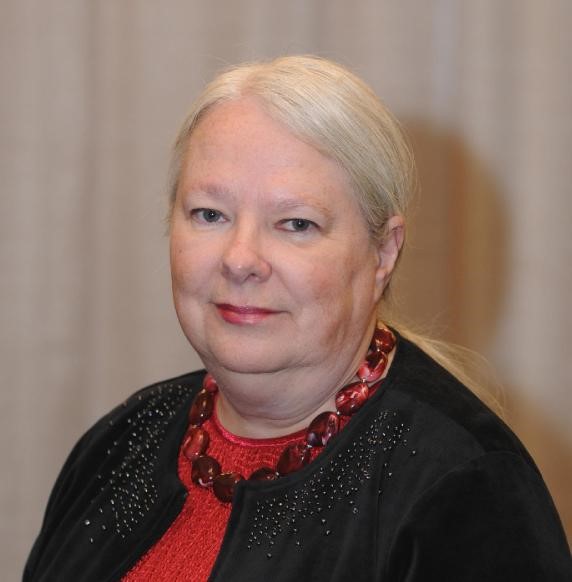
Dr. Kathy Pichora-Fuller is Professor Emerita in Psychology at University of Toronto and Adjunct Professor in Gerontology at Simon Fraser University. She translates her experimental research on auditory and cognitive aging to address the rehabilitative and communication accessibility needs of older adults with age-related hearing and cognitive impairments, with a focus on social engagement and healthy aging. She has won numerous awards, including the International Research Award from the American Academy of Audiology and Eve Kassirer Lifetime Achievement Award from Speech-Language and Audiology Canada. She has been chosen to give the Carhart Memorial Lecture at the conference of the American Auditory Society in February 2025. Currently, she is Past-President of the International Collegium of Rehabilitative Audiology, the audiology expert for the Canadian Longitudinal Study of Aging and the Canadian Consortium on Neurodegeneration in Aging, and is leads the International Society of Audiology Working Group on “Hearing in Later Life”.
Financial Disclosures: Dr. Kathy Pichora-Fuller receives research funding from the Canadian Institutes for Health Research by the University of Toronto. Within the last five years the University (Baycrest Hospital) has administered funds from research contracts with Sonova.
Non-financial disclosures: No non-financial disclosures exist.
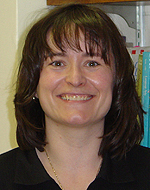
Dr. Laureen McIntyre is an Associate Professor and the current Graduate Chair in the Department of Educational Psychology and Special Education at the University of Saskatchewan. She teaches undergraduate, post graduate, and graduate courses in speech and language development, acquisition, and disorders, special education/diverse learners, educational psychology, and applied measurement and evaluation. Dr. McIntyre completed a Bachelor of Education degree (B.Ed.) at the University of Saskatchewan, a Master of Science degree (M.Sc.) in Communication Disorders at Minot State University, and a Doctor of Philosophy degree (Ph.D.) in Educational Psychology (specifically Special Education) at the University of Alberta.
Dr. McIntyre holds a Saskatchewan Professional A Teaching Certificate and a Resource Teacher, Learning Assistance, and Special Class Teacher designation. As an American and Canadian certified, and Saskatchewan licensed, speech-language pathologist, Dr. McIntyre has worked in both community health and school settings in Alberta and Saskatchewan. Her research focus relates to meeting the diverse needs of individuals with varied language, literacy, and learning abilities investigating: professionals'/educators' education, knowledge, and practice; early, targeted, and lifelong intervention/services across the lifespan; and creating safe and enabling learning and work environments.
Financial Disclosure: Dr. Laureen McIntyre receives a salary from the University of Saskatchewan.
Non-financial Disclosures: Volunteer member of Speech-Language Audiology Canada's (SAC's) Regional Advisory Committee for Saskatchewan.
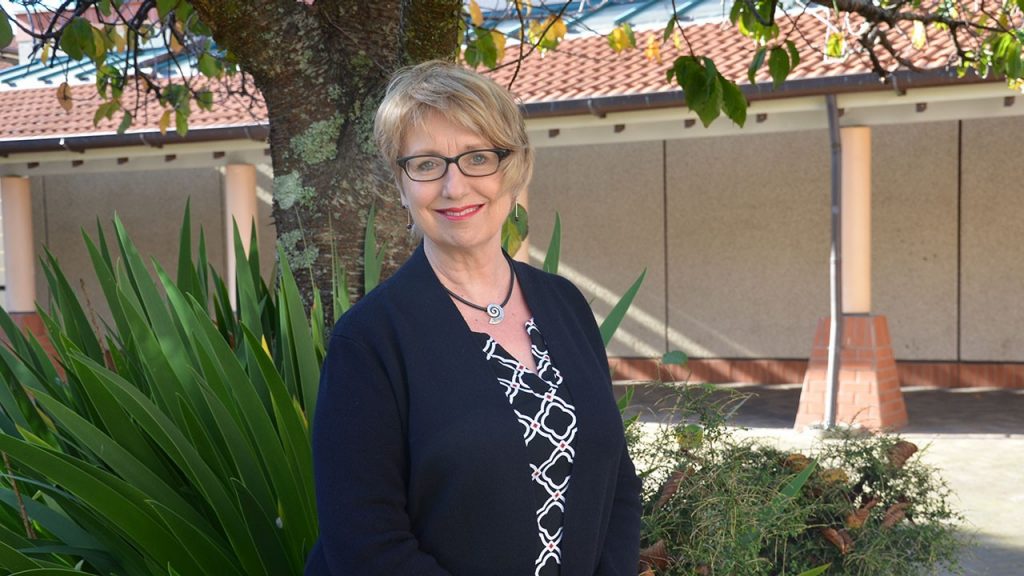
Suzanne Purdy (Te Rarawa, NgāiTakoto) is a Professor in the School of Psychology. Previously she was Head of School (2018-2023) and Head of Discipline of Speech Science (2003-2018) in the School of Psychology. She has broad interests in hearing, communication and neuroscience, including communication difficulties in children and adults, ear and hearing health equity, auditory processing and auditory electrophysiology.
She is a Principal Investigator with the Centre for Brain Research (CBR). Current research projects include investigations of therapies for people with neurological conditions, sensory processing in people with mild cognitive impairment, auditory processing in adults and hearing health equity for children. Previous HRC-funded projects have examined hearing and auditory processing in the Pacific Islands Families Study. She is a member of the hearing research team for the Dunedin Multidisciplinary Health and Development Study and is a co-investigator with the Tāmaki Manaiakalani Cluster Welcome to School project. International collaborations include Macquarie University and University of Manchester. Previous collaborations include Hong Kong University, Oxford University (CATALISE Consortium) and National Acoustic Laboratories, Sydney.
Financial Disclosure:Dr. Suzanne Purdy is employed full-time as a Professor in the School of Psychology at the University of Auckland and receives a salary.
Non-financial Disclosures: Dr. Suzanne Purdy receives current research funding from the Health Research Council of New Zealand and the Royal Society of New Zealand Marsden Fund.
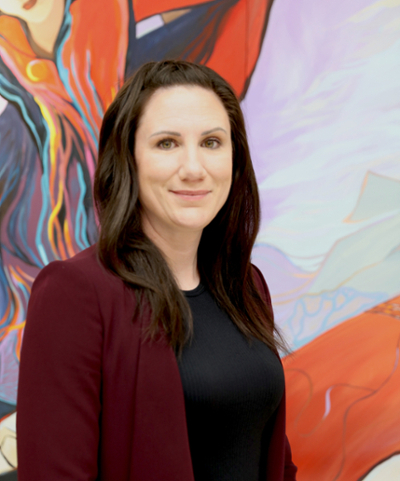
Lindsey Boechler, PhD(c), is a Research Manager at the Centre for Health Research Innovation and Scholarship (CHRIS) at Saskatchewan Polytechnic. With over a decade of experience as an Advanced Care Paramedic, she has worked extensively in urban, rural, and northern settings, developing a deep understanding of the unique healthcare challenges in these regions. Lindsey holds a Master of Arts in Leadership from Royal Roads University and is currently pursuing her PhD in Interdisciplinary Studies at the University of Saskatchewan, where she is a 2022 Vanier Canada Graduate Scholarship recipient.
Her research focuses on innovative health interventions for Indigenous youth. Lindsey's work bridges health, technology, and community-based research, collaborating with Indigenous community to create culturally responsive initiatives that address the health needs in rural and remote communities.
Financial Disclosures: Lindsey Boechler receives a salary from Saskatchewan Polytechnic. This research has been funded by Saskatchewan Polytechnic and NSERC Mobilize Capacity-Building Applied Research Project Funding (CBAR).
Non-financial Disclosures: No non-financial disclosures exist.

Lynne Brewster is a retired audiologist, auditory-verbal therapist and assistant professor at the University of Saskatchewan. She obtained her Ph.D. from the University of Nottingham. She was the original clinical director of the Saskatchewan Hearing Aid Plan in Saskatoon. In 1974, she help establish audiology and otolaryngology services in Northern Saskatchewan. She was a co-founder of the Saskatchewan Pediatric Auditory Rehabilitation Centre, a program for young children with hearing loss and their families. Lynne was the pediatric co-ordinator for the cochlear implant team. She was also a recipient of the Eve Kassier Award for Lifetime Achievement.
Financial Disclosures: No financial disclosures exist.
Non-financial Disclosures: No non-financial disclosures exist.
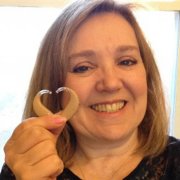
Dr. Millett has been an educational and clinical audiologist for 30 years in school boards in Ontario and Alberta, and is currently an Associate Professor and Academic Coordinator in the Deaf and Hard of Hearing Education Program. Her areas of research are in educational audiology, accommodations in postsecondary education for students who are deaf or hard of hearing and online learning for teachers. Dr. Millett chaired the Canadian Interorganization Steering Group for the development of the Canadian Guidelines for Auditory Processing Disorder in Children and Adults: Assessment and Intervention. She was awarded Honours of the Association for the Ontario Association of Speech-Language Pathologists and Audiologists in 2015.
Financial Disclosures: Dr. Lindsey Boechler is an employee of York University and receives a salary.
Non-financial Disclosures: No non-financial disclosures exist.
Ann Ratt is a proud member of the Lac La Ronge Indian Band. She is a mother of two and cherishes the role of kokum to her grandchildren that give her purpose beyond measure.
Currently serving as a dedicated band Councilor, she navigates the complexities of governance with resilience and compassion.
Ann wears many hats and confronts formidable decisions daily. Yet, amidst the challenges, she finds fulfillment in the nature of her work.
Financial Disclosures: No financial disclosures exist.
Non-financial Disclosures: No non-financial disclosures exist.
Fees & Registration
| Full Conference Early Bird (Until January 7, 2025) | $325.00 |
| Full Conference Regular | $425.00 |
| Single Day Rate | $150.00 |
| Student Rate Full Conference | $175.00 |
| Student Single Day Rate | $80.00 |
* Attention students: Please email proof of student status to joy.richards@usask.ca to receive a promo code for the student rate


